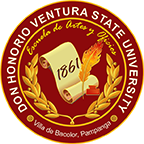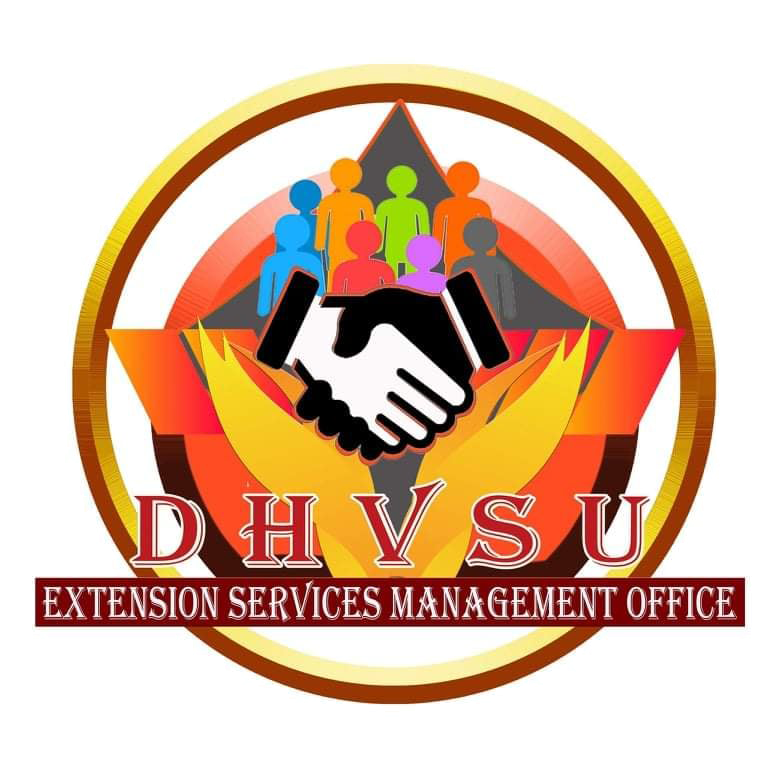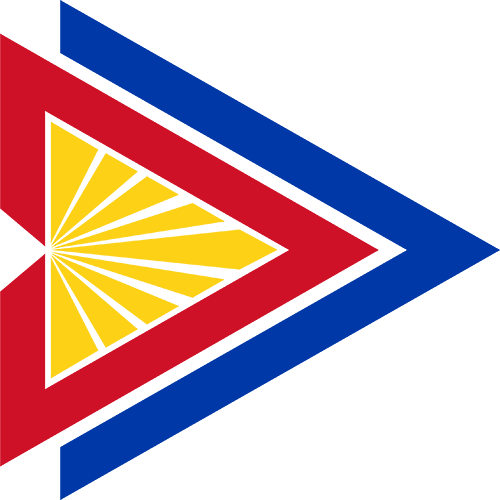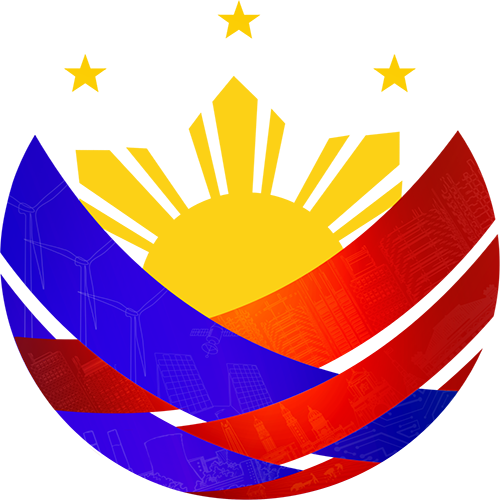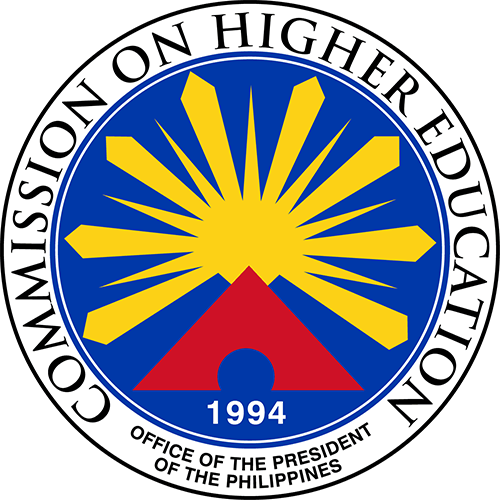Overview
VISION
The DHVSU Extension Services envisions to be the center of innovation and utilization of knowledge and technology to improve and assist in providing quality lives to people in the service area.
MISSION
The University Extension Services (UES), governed by its code directly support the threefold function of Higher Education; a) Quality Instruction – to provide relevant and tip-top education in Science and Technology and Humanity, b) Research and Technology to mold competent persons who are scientifically and technologically educated and trained, and c) Production – to develop innovate, resourceful, dynamic and morally upright individuals.
QUALITY POLICY
The Extension Services Management Office commits to consistently provide quality and client-responsive extension programs, projects, activities and services that facilitates transfer of knowledge, skills, and/or technology to our target beneficiaries, in accordance with partners, funding donors, sponsors, and other benefactors expectations, and in accordance with legal and regulatory laws.
PROGRAM AND SERVICES STRATEGIES
- Review, evaluate, and implement Extension Services Agenda.
- Conduct continuous orientations, training seminar-workshops and other related capability building activities for ESMO staff, faculty and student extensionists.
- Deliberately conduct Needs Assessment and/or Community Profiling for every project proposal.
- Strengthen linkages and partnerships with different agencies and organizations, public or private, to ensure the effective mobilization of the parties' resources in adhering to community needs.
- Source out technical and funding assistance from both government and non-government agencies, locally and internationally.
- Strengthen the documentation, monitoring and evaluation processes of each project.
- Plan and manage the conduct of Project Impact Assessment for each completed project in partnership with the Research Management Office.
- Promote/ prioritize research-based extension projects or projects leading to research outputs for the improvement of the quality of life of the adopted community and beneficiaries.
- Adopt the Community Organizing and Participatory Active Research (COPAR) in the implementation of Extension programs specifically the community adopt project.
- Facilitate the dissemination of completed extension projects through conferences and publications.
Thrusts and Priorities
The community extension programs and services’ thrusts of DHVSU is focused on platforms based on Sustainable Development Goals in consonance with the United Nations Agenda for Sustainable Development Goals.
Consistent with the mandate of each program and aligned with SDG platforms recommended by CHED, the university encourages each college/campus/unit to conduct extension projects and programs congruent to the following priority extension services areas suggested but not limited to their topics:
- Renewable Energy – extension projects and programs can include the assessment of renewable energy relating to electricity or energy consumption. Partnerships with funding institutions will be required for projects with adoption and/or installation of such renewable energy. Services also include organizing and training community and groups for the management and sustainability of Home Electrification Program of the Department of Energy (DOE).
- Disaster Risk Reduction and Management – extension projects and programs can include the promotion of the advocacy to climate change adaptations and resilience, discussion of environmental issues, as well as training of communities for the proper response in times of calamities and disasters, natural or man-made.
- Information and Communication Technology– extension service may include trainings and workshops for Office Automation, Database Management, ICT Services, Knowledge Product Generation, Biometrics, Web Applications, and others.
- Technology and Engineering – extension projects can include technical advisory services and technology utilization under (1) Industrial Prototype Design, (2) Process Engineering, (3) Materials Engineering, and (4) Environmental Engineering catering to the needs of a community. Also in the area include the promotion and facility of the transfer, dissemination and the effective use, management, and commercialization of intellectual property, technology and knowledge resulting from R&D funded by the government for the benefit of national economy and taxpayers as per provided in RA 10055 (Philippine Technology Transfer Act of 2009)
- Natural Resources Management – the scope of extension projects and programs within this area include but not limited to the following: Environmental Management (Waste Management, Water Quality Management, Pollution Control), Environment and Biodiversity Conservation, and Health and Nutrition. Services also include organizing and training community and groups for the management and sustainability of Home Electrification of the DOE.
- Humanities, Social Sciences, Education and HRM – extension services may include trainings in Gender and Development, Tracer Studies, Health and Nutrition, Cost Effective Studies of HEIs and Programs, Indigenous People and Culture, Teaching Methods/ Approaches and Techniques, Hotel and Restaurant Management. Community education, Sports Wellness and Development, and Social advocacy projects and programs are within this area.
- Small and Medium Enterprises – extension programs within this area include capability and livelihood programs and non-degree training courses in Food Processing, Enterprise Development and Improvement, Financial and Marketing Management, Supply Chain Analysis and others. Also, training courses for advance continuing education in engineering science and technology management requirement of small-scale enterprises are within this area.
- Extension Innovation Business – this area covers the promotion and showcase of Research Mature Technology turned into commercial and saleable products.
